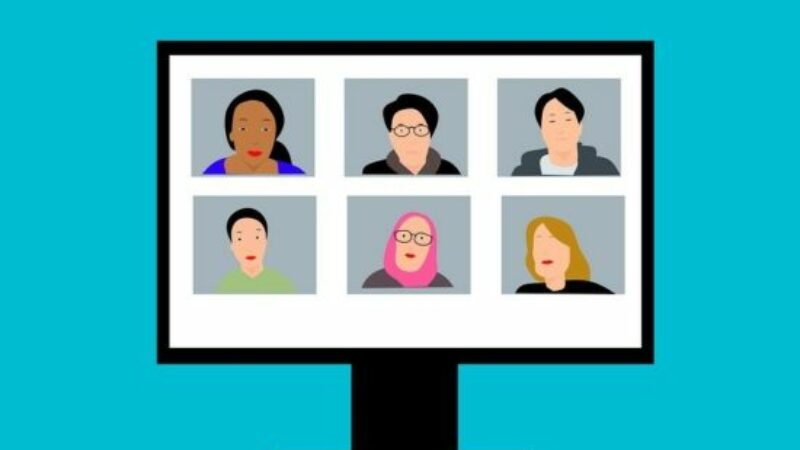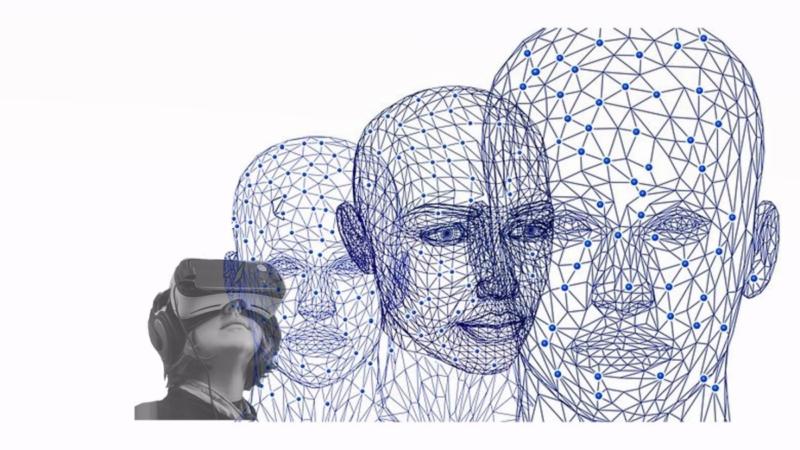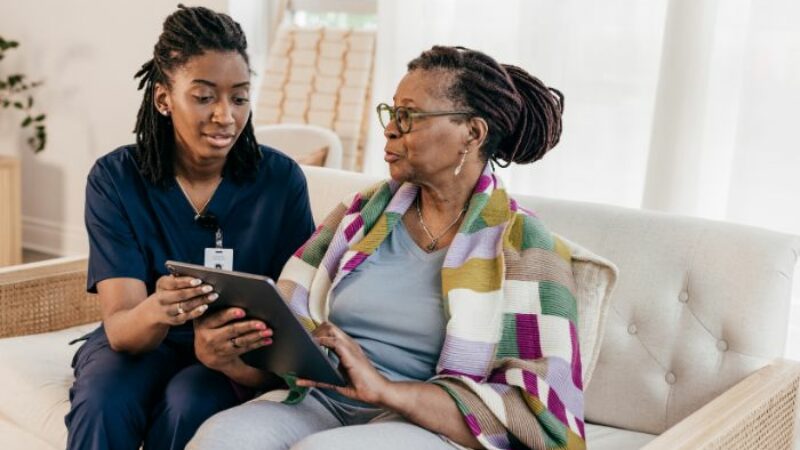Project overview
The CONNECT project will research a possible new method of predicting if someone who has experienced psychosis might be becoming unwell again.
This new method involves people using a smartphone app that will ask questions about how they are feeling today. People will also be asked to use a wearable device such as a Fitbit or Apple Watch to look at their sleeping habits and how active they are.
All of the data will be analysed using an artificial intelligence (AI) method to identify early warning signs of people becoming unwell.
The project is funded by the Wellcome Trust and is led by the University of Manchester.


Project details
Symptoms of psychosis fluctuate and are not looked at often enough. Current ways of seeing if someone might be becoming unwell revolve around occasional face-to-face meetings with doctors, nurses, and other healthcare professionals.
These meetings are sometimes simply not frequent enough. This can mean that the warning signs of someone becoming unwell are missed, leading to delayed treatment. In some cases someone might have a hospital admission that could have been avoided.
This research could help people to spot the warning signs of someone becoming unwell. This would lead to people getting treatment faster, and hopefully fewer hospitalisations.
McPin has recruited a Lived Experience Advisory Panel (LEAP) and an Involvement Network of people who have lived experience of psychosis from across the UK.
The LEAP and Involvement Network will contribute to and give feedback on the study, providing a voice for the lived experience of psychosis. It will have a key role in developing that smartphone app that we be used in the study. This will be carried out by activities sent by email and also attendance at regular online and in-person meetings throughout the five-year duration of the study.
The LEAP and Involvement Network include ethnic minorities and seldom heard groups, such as those on low income. Mental health problems and experiences affect everyone. We are keen to ensure that the diversity of people is properly reflected in all of our work.
You can find out more on the CONNECT study webpage.
Please email [email protected]. for more information.
Related blogs
Related projects
Work with us
We are always excited to hear from others who want to collaborate on mental health research. From delivering peer research to helping you with public involvement strategies and providing training, get in touch to chat.







